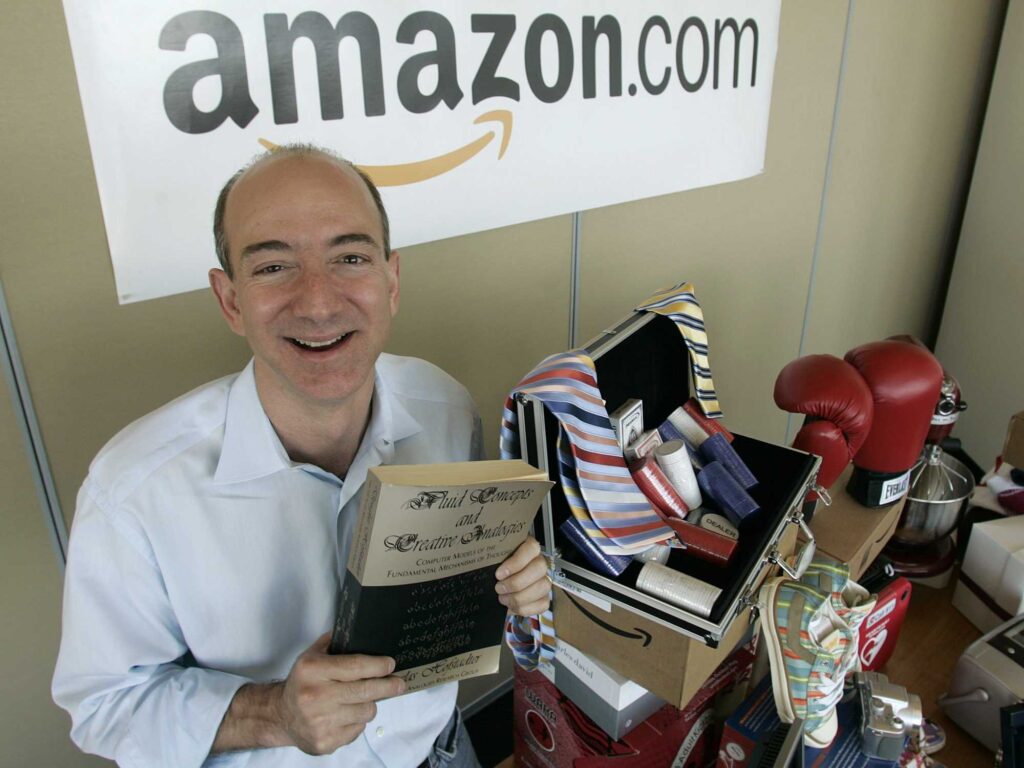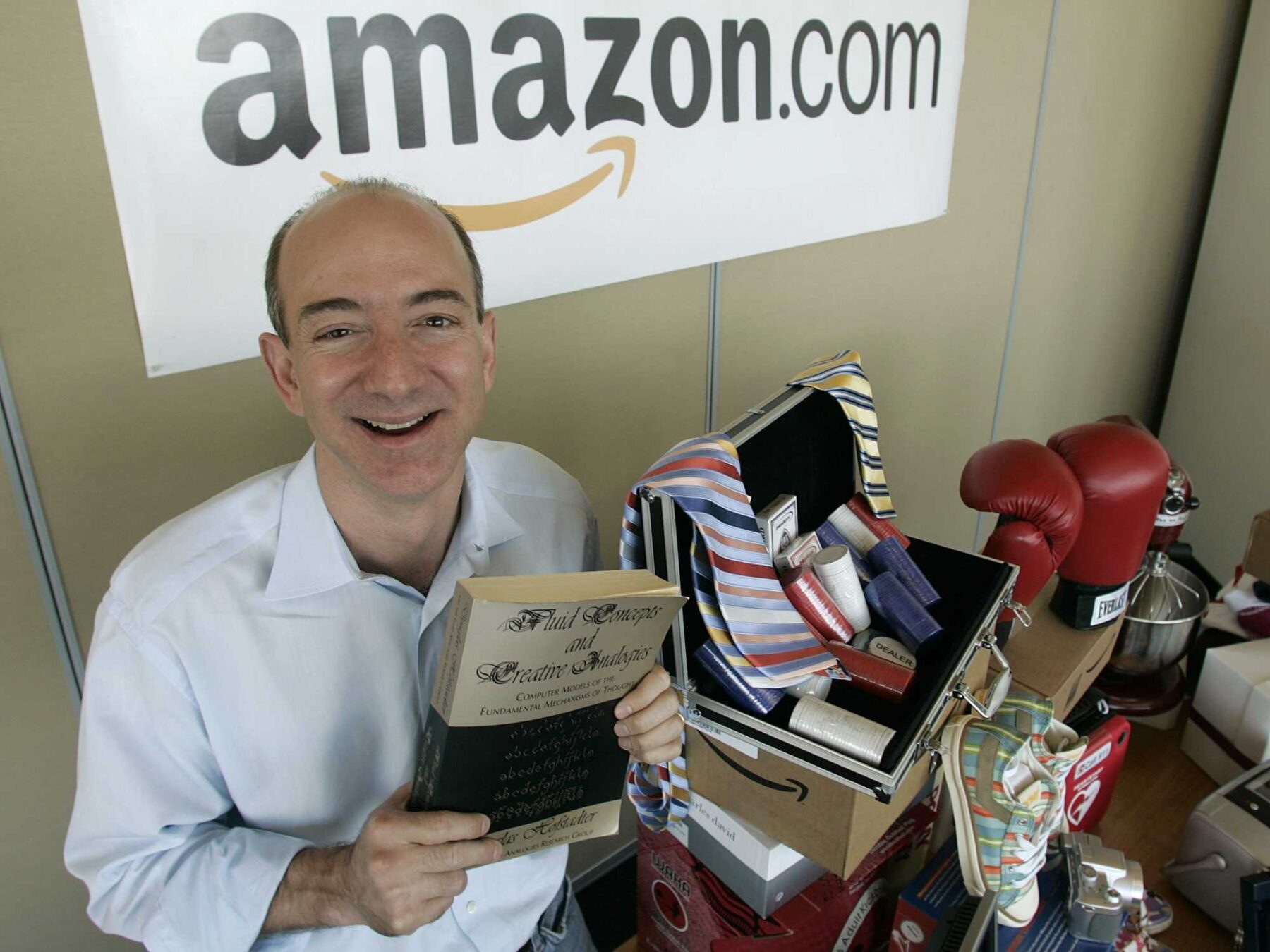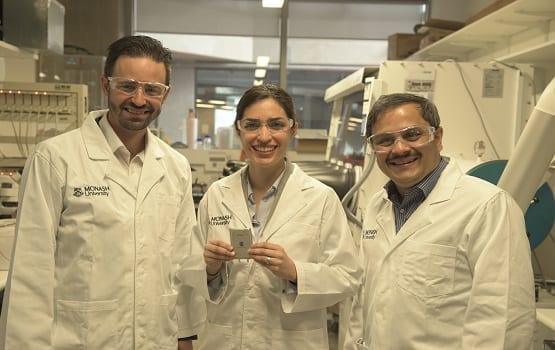
The best thing about Jeff Bezos, the founder, chairman, president and chief executive of Amazon, is that he doesn’t give a hoot what anybody else thinks. The worst thing about Jeff Bezos is that he doesn’t give a hoot what anybody else thinks.
Practically from the moment Amazon went public in 1997, Wall Street has pleaded with Bezos to generate more profits. He has ignored those pleas, and has plowed potential profits back into the company. Bezos believes that if Amazon puts the needs of its customers first — and no company is more maniacally focused on customers — the stock will take care of itself. That’s exactly what has happened. That is the good side of Bezos’s indifference to the opinion of others.
The bad side is the way he and his company treat employees. In 2011, the Allentown, Pa., Morning Call published an eye-opening series documenting how Amazon treated the workers at its warehouses. The newspaper reported that workers “were pushed harder and harder to work faster and faster until they were terminated, they quit or they got injured.”
The most shocking revelation was that the warehouses lacked air-conditioning, and that during heat waves, the company “arranged to have paramedics parked in ambulances outside” to revive workers who were overcome by the heat. “I never felt treated like a piece of crap in any other warehouse but this one,” said one worker. (After the exposé, Amazon installed air-conditioning in its warehouses.)
Last weekend, a lengthy front-page story in The New York Times examined how Amazon treats its Seattle-based white-collar employees. Although they have air-conditioning — and make good money, including stock options — the white-collar workers also appear to be pushed harder and harder to work faster and faster.
In the cutthroat culture described by The Times’s Jodi Kantor and David Streitfeld, a certain percentage of workers are culled every year. It’s an enormously adversarial place. Employees who face difficult life moments, such as dealing with a serious illness, are offered not empathy and time off but rebukes that they are not focused enough on work. A normal workweek is 80 to 85 hours, in an unrelenting pressure-cooker atmosphere.
Until last weekend, Bezos was unapologetic about the Darwinian work culture he created. “It’s not easy to work here,” he wrote in an early letter to shareholders.
Read more: Jeff Bezos and the Amazon Way
The Latest on: Future of work
[google_news title=”” keyword=”Future of work” num_posts=”10″ blurb_length=”0″ show_thumb=”left”]
via Google News
The Latest on: Future of work
- Navigating the Future of Work with AI and MLon May 1, 2024 at 5:06 pm
This standardised, cloud-first system allows employees to better connect and work from anywhere. Skills are also fundamental to the future of work, with AI and ML invaluable in helping to shape an ...
- 3 Spatial Computing Stocks That Will Dominate the Future of Workon May 1, 2024 at 4:30 am
It’s not all fun and games when it comes to the market’s top spatial computing (or metaverse) stocks. Undoubtedly, we’ve seen some pretty capable mixed-reality headsets launching in recent years. And ...
- Why the Future of Talent Management Could Look Very Differenton May 1, 2024 at 2:02 am
With the introduction and accelerating adoption of efficiency-generating technologies, the way lawyers are recruited and developed is likely to undergo some interesting changes.
- Concerns raised about the future of Jersey Zooon April 30, 2024 at 10:33 pm
Jersey Zoo has denied replacing endangered species with less at-risk, more crowd-pleasing animals. Former staff are among those criticising the running of the zoo with accusations of bullying and a ...
- Remote Work Wars: Dropbox And Nike Remind Us About The Future Of Workon April 30, 2024 at 5:11 pm
Dropbox and Nike offer different but valuable lessons about remote work, the overall future of work, and its potential effects on organizations.
- INTERACTIVE: The Future Of Workon April 30, 2024 at 4:00 pm
THE workforce of the future will be older and increasingly female but while they will be more educated, they should forget about degrees as the future of work will prioritise adaptability over any ...
- The Rise of Human 3.0 - How Artificial Intelligence is Reshaping our Identity and Future of Workon April 30, 2024 at 11:08 am
As society hurtles towards an AI-driven future, questions like the erudite impact of this technological revolution on human identity, economy, and social fabric are truly under consideration. AI has a ...
- What Do AI, Employee Ownership, And The Future Of Work Have In Commonon April 30, 2024 at 6:00 am
The Aspen Institute hosted a bipartisan forum on employee ownership, offering the potential to counter rising income inequality and encourage worker upskilling.
- Work Begins on Exterior of Future Children’s Museum Homeon April 30, 2024 at 5:55 am
ST. CLOUD ( WJON News) -- Demolition work on the exterior of the Great River Children's Museum has begun. The organization says the iconic bell tower along 7th Avenue in downtown St. Cloud is being ...
- The future of jobs: What will work look like in 2034?on April 30, 2024 at 2:45 am
Where now for careers advice in a continually evolving world? In a four-part series, Dr David Oxley and Dr Helmut Schuster consider the future of careers and careers advice and students’ transition to ...
via Bing News











